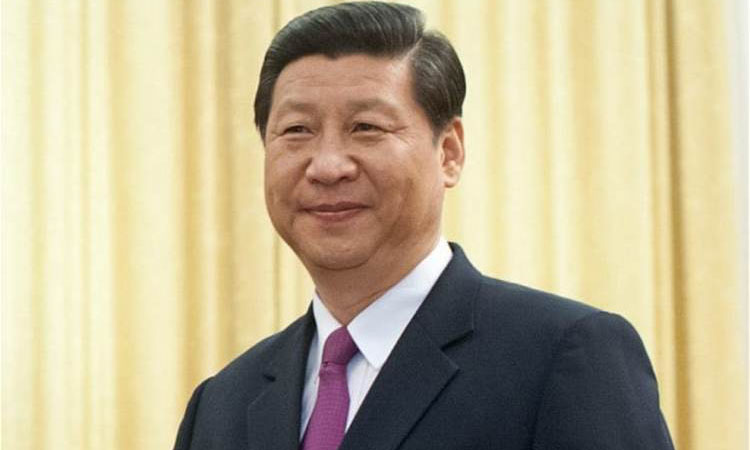EDITORIAL COMMENT: Forex recipients must be put under rules

The Reserve Bank of Zimbabwe (RBZ) allocates $4 million of foreign exchange a week to the pharmaceutical sector, which already has a high priority for imports of essential medicines, so the rise in prices of these medicines by up to 70 percent in the last few weeks is driven by greed, not by any financial fundamental.
The price rises are not quite universal, some independent importers appear to be retaining normal mark-up models. But their scale and near uniformity strongly suggests that the sources of the price rises are the major importers and wholesalers rather than a conspiracy of hundreds of retail pharmacies. It is clear from other sectors that have high priority for imports and especially those sectors where the priority is backed by direct allocations of foreign exchange by the RBZ, that prices should fluctuate very modestly and in line with the international prices.
So when crude oil prices creep up, for example, Zimbabweans expect petrol prices to go up by a few cents a litre and fall again when crude prices drop. But at the same time Zimbabweans do not expect these priority imports to have prices based on black market rates for US dollar banknotes. For businesses in these priority sectors a dollar in the bank account is worth a dollar in their bank’s nostro account when the payment is processed. The pharmaceutical sector is so far out of line compared to other priority sectors that a proper investigation is called for. As RBZ Governor Dr John Mangudya asked, where did they get their foreign currency to import these medicines. He is fairly sure that the high import priority backed by his direct allocations, a double that few importers get, means that the pharmaceutical importers got their foreign exchange dollar for dollar.
We would suspect, from some of the nonsense peddled by those who know little and wrongly assume that all imports from Scotch whisky to critical antibiotics are treated equally, that the importers will try and justify their dramatic price swings on a theory of replacement pricing. This means that they want to charge what someone has told them might perhaps possibly be the black market rate in two months time when they need to replace stocks. But since importers of essential goods and services do have priority for foreign exchange, and the most essential can gain specific allocations from the RBZ, their pricing model has to look at international costs in US dollars. And as the US Federal Reserve is still battling to raise the US inflation rate to a desired two percent, these global prices are not really changing.
We think the time is now coming that those who benefit from priorities and especially from direct allocations should be forced to follow a simple set of rules, that is applying fair mark-ups. And if they do not then they should face sanctions of some sort, perhaps a special tax. In the Second World War Britain, for example, imposed an “excess profits tax” of 105 percent on those who overpriced war contracts. No one really cares that much what pharmacies charge for the non-medical perfumes, hair products and the like that most stock.
We doubt these imports have any priority whatsoever so different price rules might apply. But the core medical business, the sort of thing that requires a registered pharmaceutical science graduate to manage, does not require any financial model except straight-forward mark-ups that have served the sector well for several years.









Comments